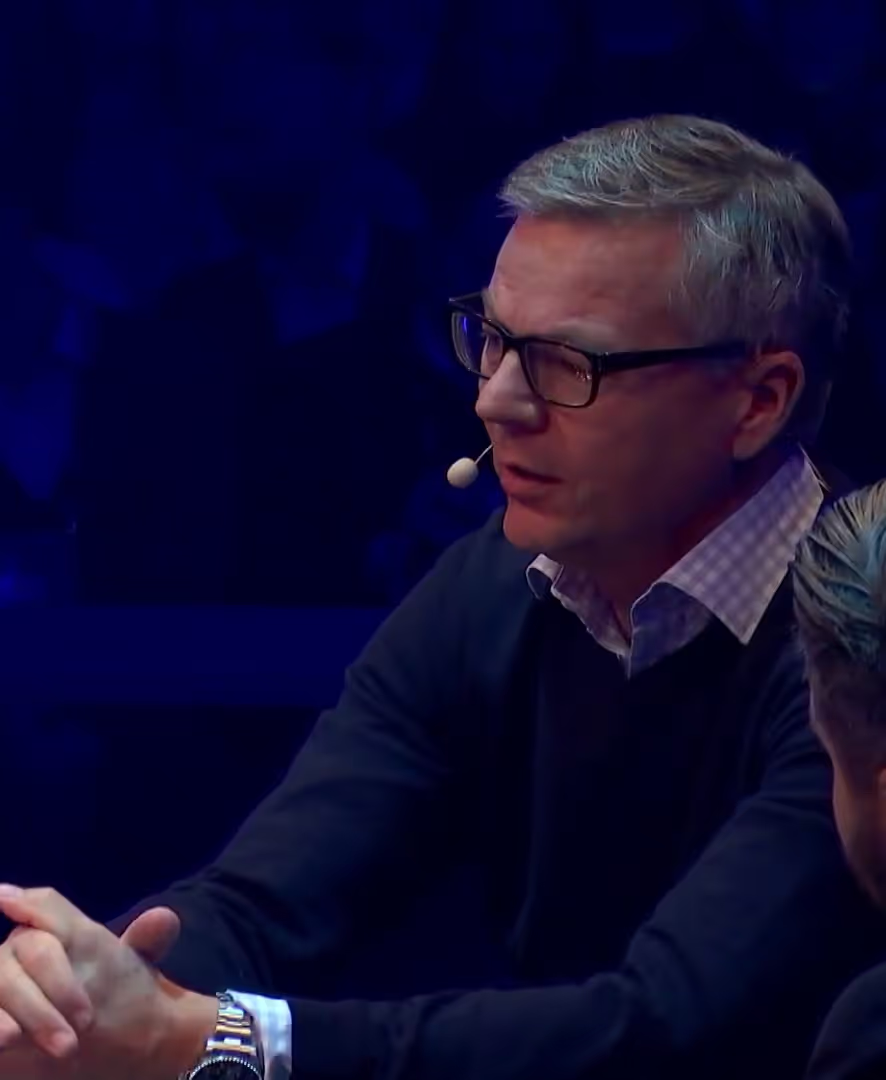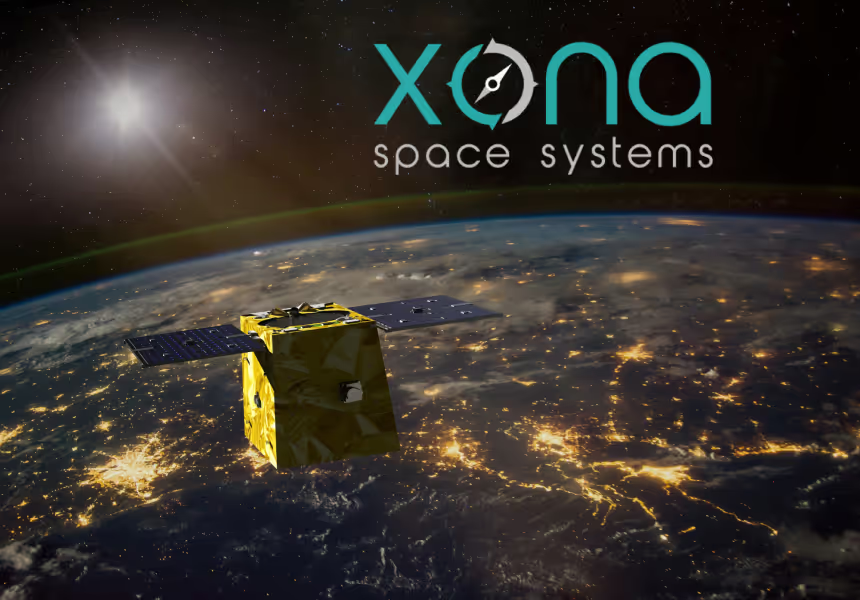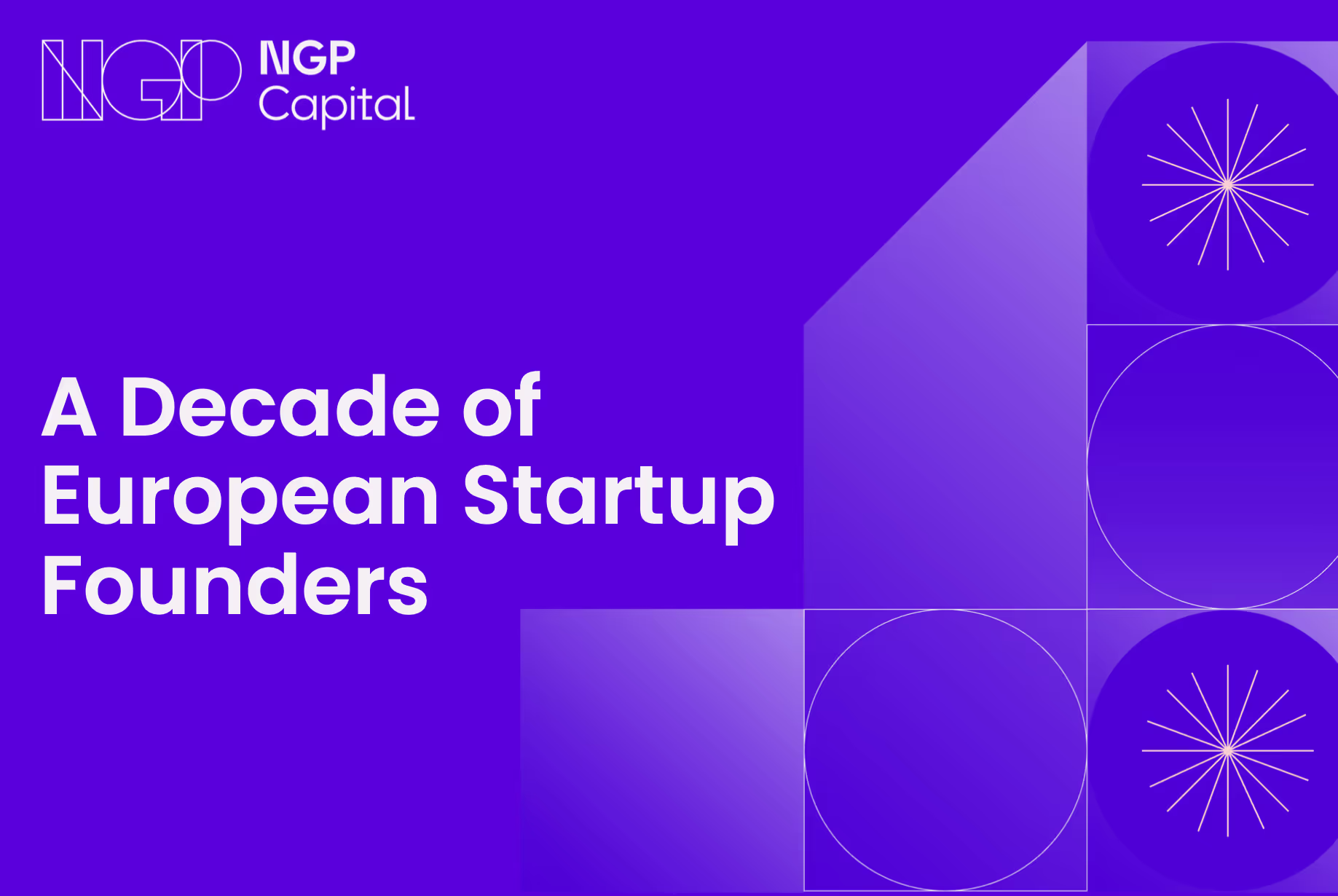Listen now
Space tech, and more specifically, space transportation is at an inflection point. Access to space is increasingly important for sovereignty, and the transportation of cargo and people is at the core of this.
That’s why today, we at NGP Capital are thrilled to announce our co-lead investment in The Exploration Company’s (TEC) $160M Series B round alongside Plural and Balderton Capital, and several other investors including Bessemer Venture Partners, DTCF and BPI. As the largest space tech fundraise in Europe, TEC’s vision is to build the leading space company in Europe with an initial focus on cargo transportation.
Taking European space tech to new heights
Each new addition to our portfolio brings its own excitement, but the Exploration Company (TEC) holds a unique place for us at NGP Capital. Our relationship with TEC began in 2023 when we met Helene Huby and her team. At the time, the team was raising their Series A and had just opened their Munich assembly hall. Although we didn’t join TEC’s Series A at the time, we built a strong relationship with Helene, which ultimately led us to add space tech as one of our focus areas.
TEC is also a milestone for us as our first European space tech investment, a move that follows our first space investment in Xona Space Systems – a U.S.-based company - that we invested in earlier this year, so it feels great to go full circle on this.
At NGP, we love companies with global footprints and TEC exemplifies this ambition. With offices in four countries, three in Europe and one in the U.S. —TEC represents a uniquely European story of collaboration and cross-border manufacturing. At the heart of this global story is Helene, whose vision and leadership are truly the X-Factor of TEC.
.avif)
As everyone working on or investing in space tech knows: it is one of the most complex and hardest industries to invest in. Space is unforgiving, you’re never fully in control and the industry is notoriously capital-intensive with frequent delays. Some would argue that space tech isn’t a traditional fit for venture capital but our years of experience with deeptech investments prepared us for this journey and we strongly believe it can deliver outsized returns.
We also wanted to share a few specific elements of our investment thesis below as well as our thinking around investing in TEC.
Market & sustainable competitive advantages
It’s no secret: the space tech industry is huge and growing rapidly. Currently, it’s mostly government-funded with most of the revenues coming from government entities. One way of looking at market maturity is the split between government and commercial revenue. In the U.S.- where commercial revenue is most advanced, over 60% of revenues are already coming from non-government/commercial sources.
TEC’s core market opportunity is a subset of the larger, $26B space exploration market (Euroconsult, 2022) that includes transportation, orbital infrastructure, astronomy/astrophysics, and Moon, Mars & deep space exploration.
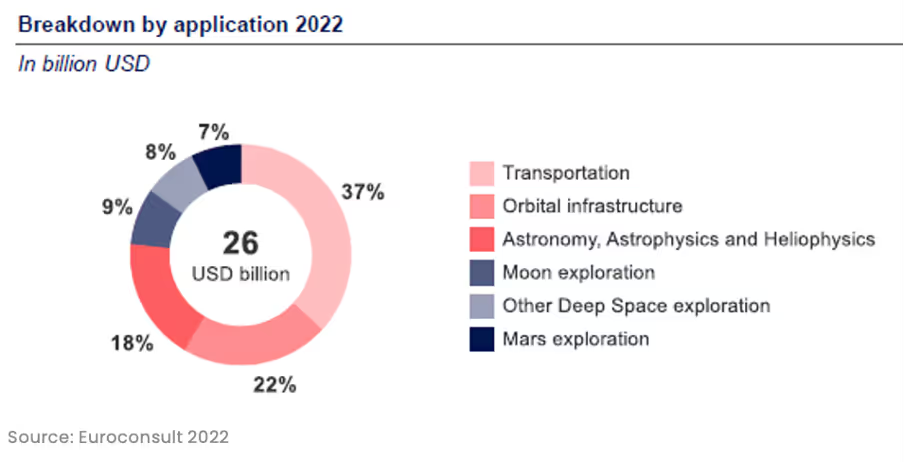
Today, the International Space Station (ISS) is the only addressable space station for TEC. The ISS is scheduled to be decommissioned by 2030. Through NASA, the U.S. is heavily investing in supporting the emergence of commercial space stations - similar to its support for SpaceX to build launchers. These emerging stations, expected to be in orbit by 2030, include Axiom, Haven (by Vast), Starlab (Voyager Space, Airbus, Mitsubishi, and others), and Orbital Reef (Blue Origin).
In 2023, there were a total of 8 cargo missions to the ISS. By 2030, through the introduction of new space stations, we expect this market to at least double. We believe that TEC’s sustainable competitive advantages will stem from economies of scale and their brand (incl. flight heritage).
Superior product for the future for space logistics
The Exploration Company is developing Nyx, a reusable and in-orbit refillable spacecraft that can be launched from any heavy launcher and fly to any space station. This will enable TEC to work not only with the European Space Agency, but also with the US, Japan, India and other programs globally. What’s more, Nyx, will be able to return to Earth with up to 3,000 kg of cargo - the largest down-mass available worldwide - and subsequently refurbished for its next mission. The cost of this service will also be 25% to 50% less than other vehicles.
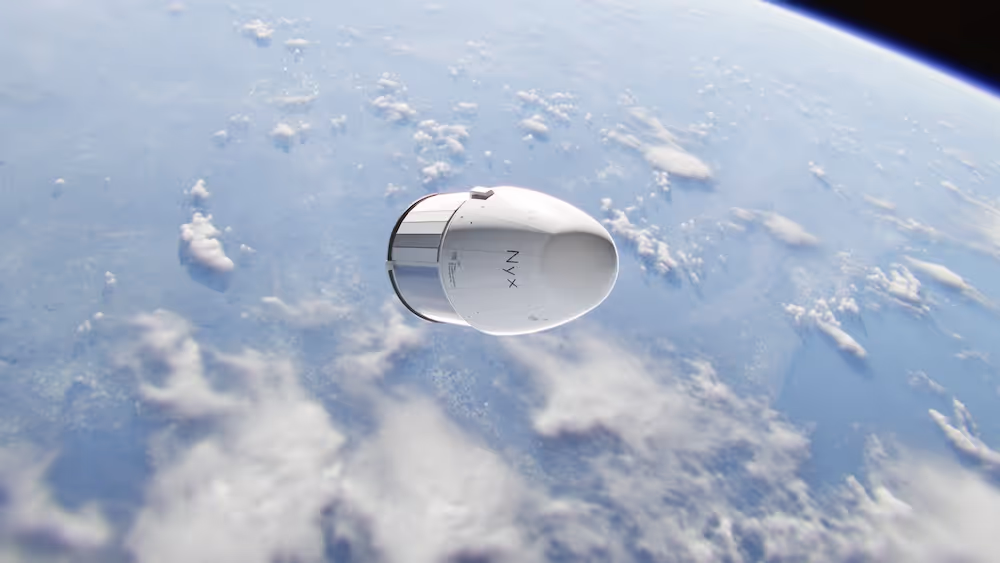
TEC is not only the first European company to sign a Space Act Agreement with NASA, but it has also reached a major milestone this year when it signed its first major contract with the European Space Agency (ESA), ranking number one in the European space capsule competition. The company is on track to launch its mid-size capsule, Mission Possible, in 2025 carrying 300kg of customer payloads. Nyx Earth’s maiden flight is set for 2028, whereby it will carry cargo for ESA to the International Space Station.
In addition to TEC’s product, we were also very excited to learn about the high reliability that already exists in this segment of space tech.
In-orbit cargo and crew capsule missions have very high success rates. The issues tend to be caught during on-ground tests and intensive reviews in the design and specifications phase. Through the close relationship and input from ESA, NASA & others, TEC is in an ideal position to provide not only lower costs and higher downwards cargo capacity, but also offer a highly reliable product to the market.
We are excited to be part of TEC’s category-defining journey and to be one of the co-leads of the round together with our partners at Plural and Balderton Capital, our friends Bessemer Venture Partners, DTCF and BPI. and many other co-investors.

.svg)





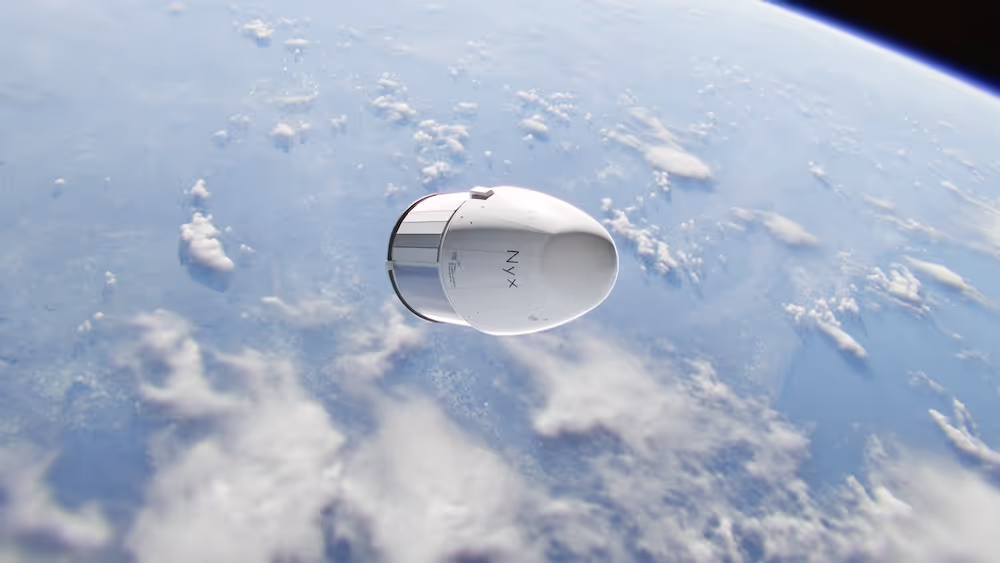
.svg)


